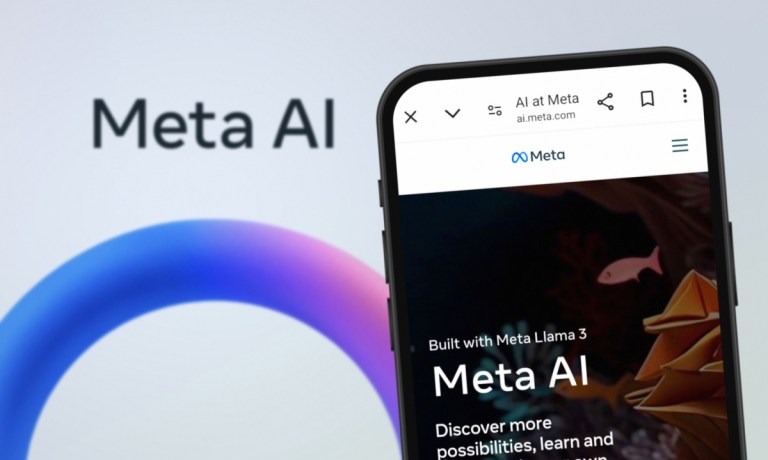
Meta’s latest AI upgrades, unveiled at its annual Connect conference, could change online shopping through voice-activated assistants and image-recognition technology on social media platforms.
The tech giant reported that over 400 million people use Meta AI monthly, with 185 million engaging weekly across its products. Meta claims its AI assistant will become the most used globally by the end of the year.
“AI-generated images and captions can supercharge social media marketing. Brands can make content that feels custom-made for each user, at a large scale,” Mike Vannelli, an industry expert, told PYMNTS. He added, “AI can analyze what users like and help businesses make targeted campaigns. This leads to more engagement and better returns on investment.”
Meta announced Llama 3.2, a big advancement in its open-source AI model series, alongside its consumer-facing updates. This new release includes small and medium-sized vision language models (11B and 90B parameters) and lightweight, text-only models (1B and 3B parameters) designed for edge and mobile devices.
The vision models can analyze images, understand charts and graphs, and perform visual grounding tasks. The lightweight models, optimized for on-device use, support multilingual text generation and tool-calling abilities, enabling developers to build personalized applications supposedly prioritizing user privacy.
New features include voice interaction capabilities. Users can now talk to Meta AI on Messenger, Facebook, WhatsApp and Instagram DM and get spoken responses. Meta is rolling out various voice options, including AI voices of celebrities like Awkwafina, Dame Judi Dench, John Cena, Keegan Michael Key, and Kristen Bell.
Owais Rawda, senior account manager at Z2C Limited, told PYMNTS, “Voice-interactive AI creates a more personal customer experience. It gives quick answers, making shopping easier.”
Users can also share photos with Meta AI for analysis and editing. The AI can identify objects in images, answer questions, and edit pictures on command. For example, users can ask Meta AI to identify a flower in a hiking photo or get cooking instructions for a dish they’ve photographed.
Meta AI’s new editing capabilities allow users to request photo changes, from altering outfits to replacing backgrounds. The company is also testing an AI translation tool for Reels that automatically translates audio and synchronizes lips in videos, starting with English and Spanish.
Meta is expanding its business AI tools to companies using click-to-message ads in English on WhatsApp and Messenger. These AI agents can chat with customers, offer help, and assist with purchases.
The company said ad campaigns using AI features got 11% more clicks and 7.6% more conversions than regular campaigns. Over a million advertisers are using these tools, making 15 million ads in the past month.
Vannelli highlighted changes in customer service: “Meta AI makes shopping smoother. Customers don’t have to switch between pages or wait for a human to respond.”
Meta is also enhancing its Imagine feature, allowing users to create AI-generated images of themselves as superheroes or in other scenarios directly in their feeds, Stories and Facebook profile pictures. These images can be easily shared and replicated by friends.
As Meta refines its AI offerings, its approach to data use, transparency, and user control will be crucial in shaping the adoption and success of these new features. These AI advances represent a big step in Meta’s strategy to integrate AI into its core products, potentially reshaping how businesses and consumers interact in the digital marketplace.
For all PYMNTS AI coverage, subscribe to the daily AI Newsletter.